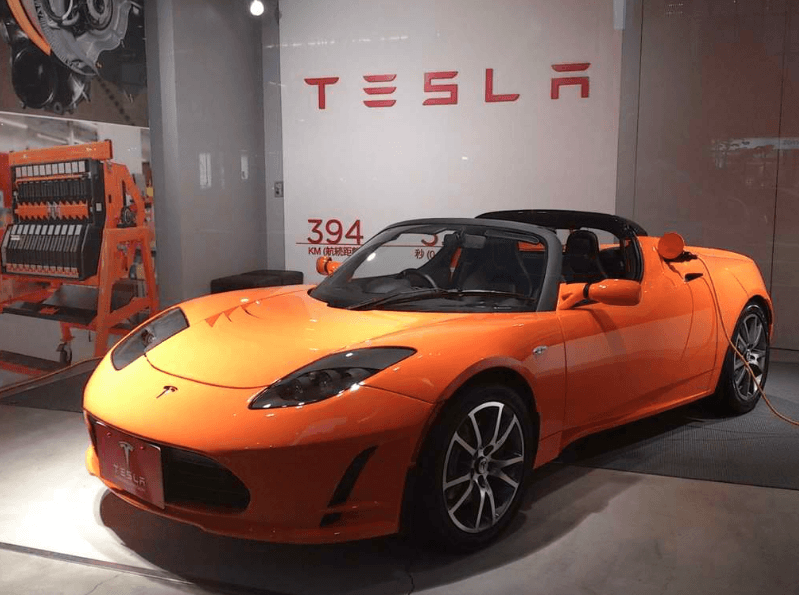In 2024, the automotive landscape is more dynamic and transformative than ever. Did you know that global electric vehicle (EV) sales are projected to surpass 14 million units by the end of the year, according to Bloomberg Green? As we stand on the brink of this electrifying future, the choice between electric vehicles, hybrids, and traditional gas-powered cars becomes increasingly critical. This article will guide you through the latest innovations in these vehicle types, helping you make an informed decision that suits your needs and lifestyle.
Understanding the Landscape: EVs, Hybrids, and Gas Cars
Electric Vehicles (EVs): The Future is Now
In recent years, EVs have surged ahead, driven by advancements in battery technology and charging infrastructure. Brands like Tesla, Rivian, and Lucid Motors are leading the charge with sleek designs and cutting-edge technology.
- Battery Innovations: According to PV Magazine, solid-state batteries are set to revolutionize EV performance by offering higher energy density, faster charging times, and improved safety. These advancements are expected to hit the market by 2025, making EVs even more appealing.
- Charging Infrastructure: The International Energy Agency (IEA) reports that global charging points have increased by 40% in 2023, with major expansions planned in urban areas. Companies like ChargePoint and Tesla’s Supercharger network are expanding rapidly, reducing range anxiety and making EV ownership more convenient than ever.
Hybrids: A Balanced Approach
Hybrids, which combine a gasoline engine with an electric motor, offer a compromise between traditional and electric vehicles. They have been a popular choice for those seeking fuel efficiency without fully committing to electric.
- Fuel Efficiency: Models like the Toyota Prius and Hyundai Ioniq achieve impressive fuel economy, often exceeding 50 mpg. This efficiency is particularly beneficial for long-distance drivers and those without easy access to charging stations.
- Regenerative Braking: This technology, which captures energy usually lost during braking, has been refined in 2024 models, offering improved performance and extended electric-only range.
Gas Cars: The Traditional Choice
Despite the rise of EVs and hybrids, gas-powered cars remain a significant part of the market. Technological improvements continue to enhance their efficiency and performance.
- Engine Efficiency: Automakers like Ford and Volkswagen are investing in turbocharged engines and lightweight materials to boost performance while reducing emissions.
- Affordability and Range: Gas cars still offer a longer range and lower upfront costs compared to most EVs, making them an attractive option for budget-conscious buyers or those living in areas with limited charging infrastructure.
Practical Considerations: Making the Right Choice
Charging and Fueling: What You Need to Know
- Charging EVs: Consider your access to charging stations. Home charging setups are ideal, but public charging networks are expanding. InsideEVs suggests planning your routes around available charging points if you opt for an EV.
- Fueling Hybrids and Gas Cars: With a dense network of gas stations, hybrids and gas cars offer unparalleled convenience for long trips.
Buying Guide: Where and How to Purchase
- EVs: Look for government incentives that can significantly reduce the purchase price. Brands like Tesla often sell directly to consumers, bypassing traditional dealerships.
- Hybrids and Gas Cars: Dealerships remain the primary sales channel. Be sure to negotiate for the best price, and look for certified pre-owned options to save money.
What to Compare: Key Features and Costs
- Initial Cost: Generally, gas cars are the cheapest, followed by hybrids, with EVs often having the highest sticker price.
- Running Costs: EVs typically have lower maintenance and running costs due to fewer moving parts and cheaper electricity compared to gasoline.
- Environmental Impact: EVs have the lowest emissions, hybrids offer reduced emissions compared to gas cars, while traditional cars have the highest environmental footprint.
Conclusion: Shaping Your Automotive Future
As 2024 unfolds, the choice between EVs, hybrids, and gas cars hinges on personal priorities—whether it’s cutting-edge technology, fuel efficiency, or economic considerations. Each vehicle type has its own set of innovations and advantages.
Ultimately, your decision should reflect your lifestyle, budget, and values. Whether you are drawn to the eco-friendly allure of EVs, the balanced efficiency of hybrids, or the proven reliability of gas cars, the automotive world in 2024 offers something for everyone. As you ponder your next move, consider this: will your choice drive you toward a more sustainable future, or reinforce the comfort of the familiar? The road ahead is yours to explore.

